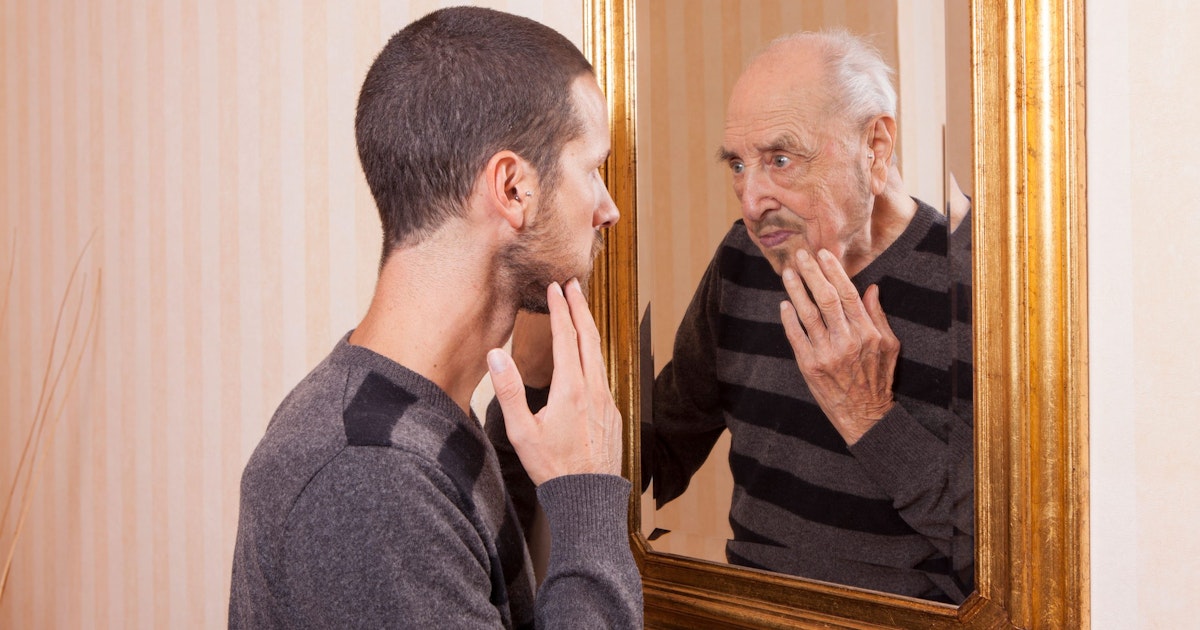
Seeing ourselves older makes us wiser
We are guided by tangible emotions
“The present is concrete and, in most cases, embedded in the body, and our decisions are guided by physical, concrete feelings such as hunger or fear. The future, on the other hand, is more abstract,” says Whitman.
This is one of the main reasons why people often find it difficult to stick to a diet or any other decision. Future goals are not as attractive as getting an instant reward.
Better now for less money, more later
Mark Whitman and his colleagues demonstrated this in an experiment where people could choose between getting 100 pounds on hand now or 140 pounds a week from now. Most people chose to receive the smaller amount right away.
This phenomenon is known as time discount It reflects our willingness to give up future gains in exchange for immediate reward.
In fact, we are ignoring our future situation. This is similar to the behavior in which some people would rather spend their money now to enjoy their lives than to save for old age.
A virtual meeting with your “future self”
We are not connected to our “future self”, but more connected to our “present self”. In some exciting experiments, researchers have been able to change this by showing people an older version of themselves in virtual reality.
Hal Hirschfeld, a behavioral economist at the University of California, Los Angeles, worked with a group of researchers to put pictures of test subjects into a program. It can create a realistic old version of the test subjects With the typical signs of aging such as age spots, gray hair and wrinkles.
With virtual reality, people were given a kind of avatar of their “current selves” and their “older selves”, which they could then meet in a virtual mirror.
The future is less abstract
One group of participants viewed their present selves in the virtual mirror, and another group saw their future selves. Then all the subjects had to answer a series of questions, one of which was what they would do if they were given $1,000 right away.
This showed a very interesting and obvious difference. People who interacted with the future version of themselves were significantly more likely to save money than people who confronted their current selves head-on. Apparently, seeing yourself in an old version makes the future less abstract and more real.
In a similar study of a group of working people, Hal Hirschfeld and his research team asked how willing everyone was to let go of their old age. People who were shown a picture of their current selves would be given 2% of their salary. People who saw a manipulated image of themselves as an older person would be given six percent of their salary.

“Travel enthusiast. Alcohol lover. Friendly entrepreneur. Coffeeaholic. Award-winning writer.”
